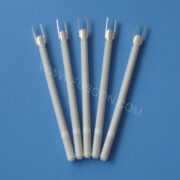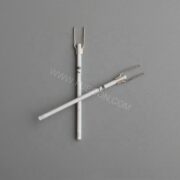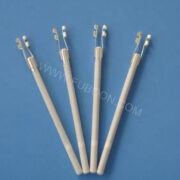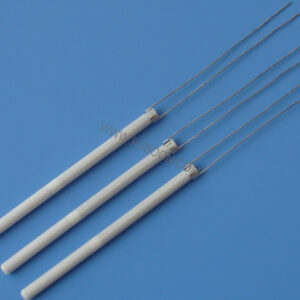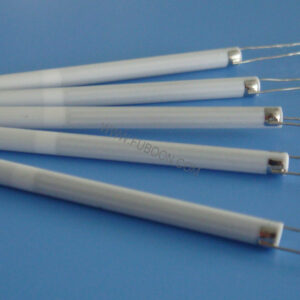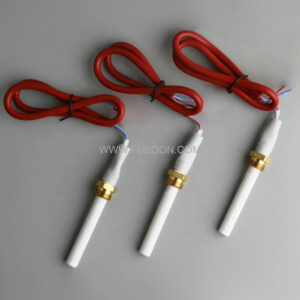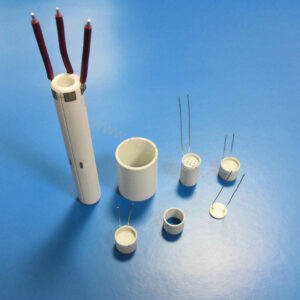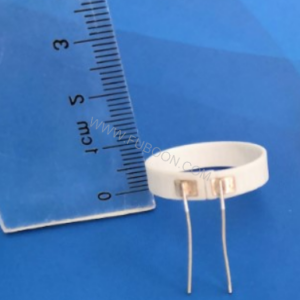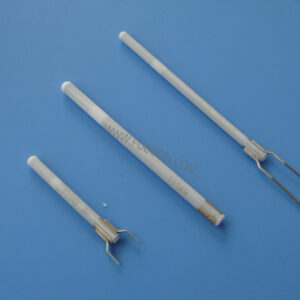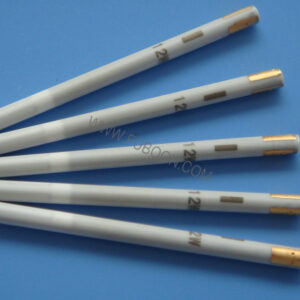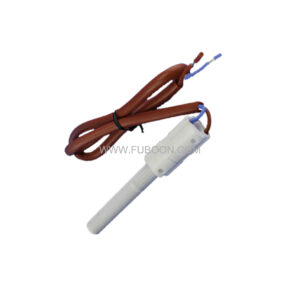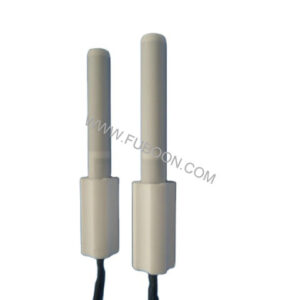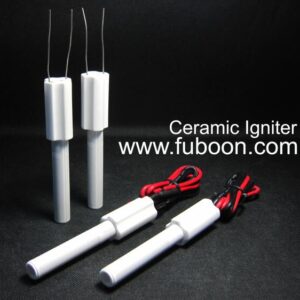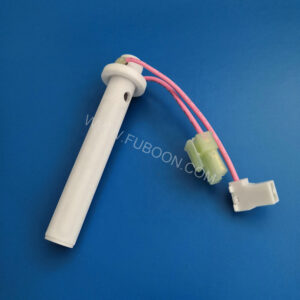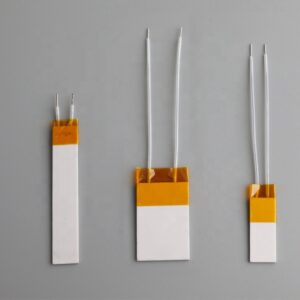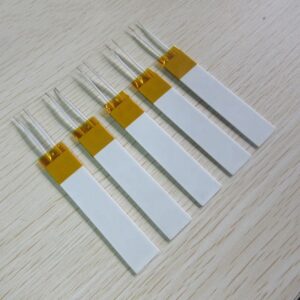13V 13W Ceramic Heater Element FOR Car Exhaust O2 Sensor System
13V 13W Ceramic Heater Element FOR Car Exhaust O2 Sensor System
- Description
- Inquiry
13V 13W Ceramic Heater Element FOR Car Exhaust O2 Sensor System
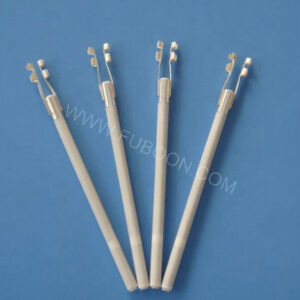
We produce super quality 13W,13V car heater with the advantages of long service time, fast heating rate, energy-efficient and eco-friendly.
Mass customization is available.
1 | Part No. | FU334 |
2 | Usage | |
3 | Working Voltage | 13 VAC |
4 | Heater Resistance | 3.4Ω±0.45Ω(23°C±2°C) |
5 | Dimension | length:57mm, diameter2.9mm |
6 | Electrode | Accordingly |
7 | Advantages | (1)Long lifetime: airproof structure ; the condition of deformation can’t exit (2)Temperature rise quickly (3)Excellent insulation (4)Energy efficient and thermal conductivity super—heating simultaneously both from inside and outside (5)Small and compact (6)Equalized heat distribution and high power density. (7)Meet RoHS requirement (8)High cost performance. |
Alumina Ceramic heater technology benefits:
* A fraction of the energy consumption compared to conventional element heater
* Long-lasting (non-aging)
* Time to ignition 60~90 seconds
* Tested to 100,000 cycles
* Easy to install and retrofit
*100°C at steady-state temperature
* Impervious to oxidation and corrosion
13V 13W Ceramic Heater Element FOR Car Exhaust O2 Sensor System
Alumina Ceramic Heater Design Structure
one pieces.
■ Rectangular alumina ceramic heating element
■ Round shape alumina ceramic heating element
■ Rod shape alumina ceramic heating element
Thermal Properties for Alumina Heater | ||
Item | Unit | Value |
Vickers Hardness | Gpa | 11.5 |
Flexural Strength | Mpa | 300 |
Compressive Strength | Mpa | 2000 |
Modulus of Elasticity | Gpa | 300 |
Poisson’s Ratio | — | 0.22-0.23 |
Fracture Toughness | Mpam1/2 | 3.5-4.0 |
Thermal Conductivity | W/(m·k) | 25 |
Thermal Expansion Coefficient | 10-6/℃ | 6.5-7.5 |
Thermal Shock Resistance | △T℃ | 200 |
Maximum Use Temperature | ℃ | 1600 |
Dielectric Strength | KV/mm | >12 |
Dielectric Constant | εr | 9-10 |
Dielectric Loss Angle (1MHz) | — | 0.0002 |
Volume Resistivity | Ω.m | >1015 |
Specific Heat | J/(kg·k) | 0.78×103 |

